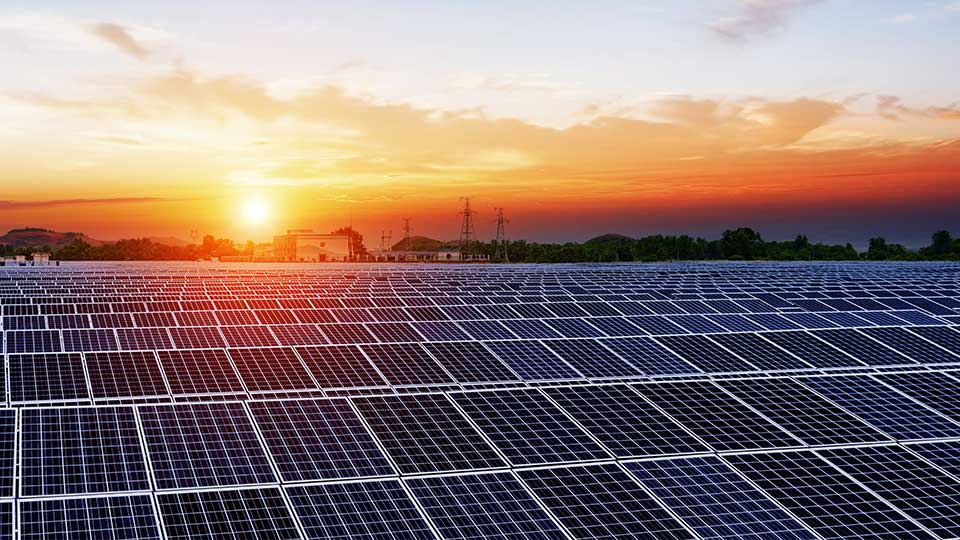The renewable energy industry has grown significantly in the last few decades, and today supplies almost a fifth of total primary energy consumption, with global investments in renewable power and fuels totalling £231bn (USD 289 billion) in 2018.
The contribution of renewables at large will continue to rise over the coming years and renewable power is increasingly cost-competitive compared to conventional fossil fuel-fired power plants.
However, until now, there has been no means for financial institutions to systematically compare the cost of solar against non-renewable and other renewable energy resources.
In a bid to accelerate the shift to renewable energy, the United Nations (UN) has launched new specifications that enable the classification and reporting of solar energy resources in an internationally harmonised manner.
The specifications were prepared by the Solar Energy Sub-Group of the United Nations Economic Commission for Europe (UNECE)'s Expert Group on Resource Management (EGRM).
Dr Long Seng To, of the School of Social Sciences and Humanities, is a member of the sub-group and used her expertise in both the technical and social aspects of solar energy projects in developing countries to advise on the specifications.
Of the launch, Dr To said: “The Solar Specifications will accelerate the transition to sustainable energy by allowing us to systematically compare solar against non-renewable and other renewable energy resources in terms of their available quantities, their maturities (economic, environmental, social and technical) and their uncertainty and risks.
"This will make it easier to identify opportunities to invest where solar energy is the best option.”
What will the specifications do?
The specifications will make it possible to assess solar energy resources in different geographical contexts in comparison with alternative energy sources.
The ability of governments and companies to understand and compare competing energy sources is essential for navigating energy transitions and transformations.
The assessments will inform policy decisions on increasing renewable energy investments, with significant potential for climate action.
Solar energy systems have the potential to change fundamentally the way electricity and wider energy systems are organised.
The UN also recently launched specifications for wind energy. Both the solar and wind energy specifications are part of the United Nations Framework Classification for Resources (UNFC) - a global system used by countries and companies to classify and report both non-renewable and renewable resources.
Speaking about the urgency to transition to a sustainable energy future, UNECE Sustainable Energy Director Scott Foster said: “With the solar and wind specifications now operational, UNFC has taken yet another step to becoming the global system of classification for the world’s energy system.
"We encourage all energy resource stakeholders to use UNFC to optimize their resource portfolios in line with the 2030 Agenda for Sustainable Development, thereby contributing to investment in and development of sustainable energy.”
For more information on UNFC and its application to solar and wind energy click here.
The UN is now looking to develop case studies that demonstrate real-world applications of the specifications and that raise awareness of their value for investments in solar and wind energy production. Interest to undertake a solar or wind energy case study should be addressed to: reserves.energy@un.org


